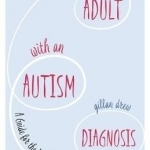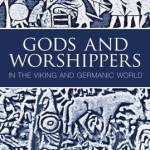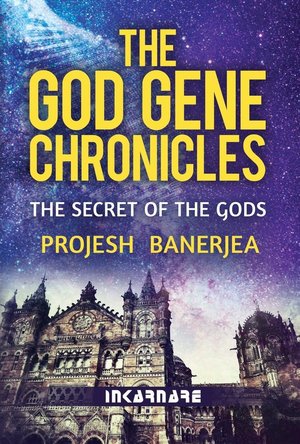Goodbye Pet & See You in Heaven: A Memoir of Animals, Love and Loss
Book
When her beloved small dog died, Bel Mooney was astonished at the depth of her ongoing sorrow....

Guilty but Insane: J. C. Bowen-Colthurst - Villain or Victim?
Book
Captain J.C. Bowen-Colthurst, originally from Cork, served with the British Army in the Boer War, in...
The Critical Surf Studies Reader
Dexter Zavalza Hough-Snee and Alexander Sotelo Eastman
Book
The evolution of surfing-from the first forms of wave riding in Oceania, Africa, and the Americas to...

An Adult with an Autism Diagnosis: A Guide for the Newly Diagnosed
Book
Being diagnosed with autism as an adult can be disorienting and isolating; however, if you can...

Animal and Shaman: Ancient Religions of Central Asia
Book
What common features can be found in the native religions of the vast Eurasian landmass? Julian...

Gods and Worshippers in the Viking and Germanic World
Book
What was paganism really like? Who were the gods and how were they worshipped? These are the...

Occupation: The Ordeal of France 1940 - 1944
Book
The real story of the Occupation uncovers a reality more complex, more human and ultimately more...

The God Gene Chronicles: The Secrets of the Gods
Book
What would you do if you found out that everything you knew about your life was a lie? What if all...

Greeking Out (Destination Daddies)
Book
Apollo A year of messaging on the Cuffd app has led me to understand one thing: Troy is the one...
Contemporary MM Romance Destination Daddies

Similo: Spookies
Tabletop Game
Similo is a co-operative deduction game, and each version of the game — e.g., Fables, History,...
